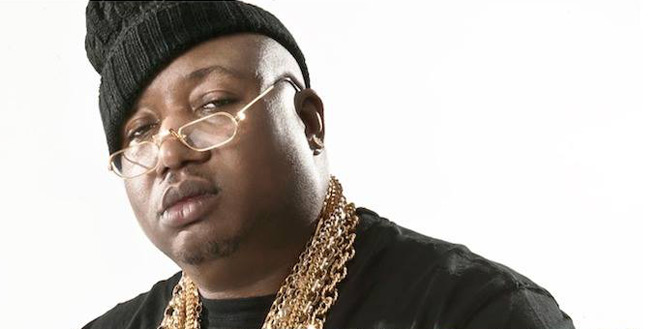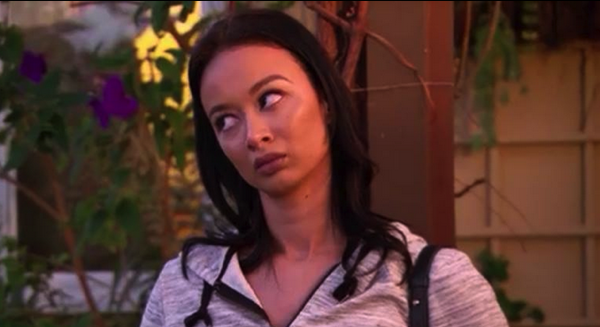Draya’s greatest contribution to society thus far came in 5 words during a Breakfast Club interview in 2013:
Your hoeness can get deleted
If Drake ever gets married, BET would air a special program covering his long journey to true love. And you’d never call him slutty.
But look at Kim Kardashian all happy and shit with Kanye West. You’re still talking about her and Ray J?
There have to be some reasons why we, as a society, care so much more about a woman’s sexual history. And it’s hard to see any that fall outside of controlling what women do with themselves.
As absurd as the exchange between Draya and Charlamagne was in that interview, there’s plenty to unpack.
What is hoeness?
How long should it be held against someone’s character?
Are men hoes?
People fall in love more than once. People find more than one person sexually attractive. Having a sexual past alone doesn’t say anything about a person’s character.
And we believe that notion…when the subject is a male that has sex with women.
Let’s get past the usual complaint about the double standard when it comes to sexual activity among heterosexual men and women. Here’s an implication worth thinking about:
- A man with many partners in his past, or at least desirable ones, has something. Game, masculinity, a list of accomplishments, whatever. Men own or gain more as their sexual histories lengthen.
- A woman with a sexual history loses something as their past lengthens. Trust, respect, the value of their desires for love and intimacy. All of that cheapens.
Their “stock drops”. They’ve been ran through.
Used up.
They need “saving”.
Why do we act like women are the only vulnerable ones in intimate relationships?
Why do we act like there isn’t something wrong with men who take pride in being at the club not “saving these hoes”? They’re in the same space doing the same things with the same women they treat so condescendingly.

Frankly, women are much more adept at living with their vulnerabilities in love and intimacy than men are. It’s not by choice, but they are.
We make it easy for men to get out of emotional responsibility. Distance from emotion, and acting out to compensate for male insecurities, are treated as normal in the public eye.
“He’s abusive, why don’t you leave?” instead of, “Why does he continue to do this?”
“Why are some women still at the club looking for love?” instead of, “Why do men continue to prey on women at the club?” Or more generally, “Why do we teach men to think of sexual and emotional interactions as separate?”
These are tough questions to be honest about. And if given the privilege to not deal with them, why would men want to seek out their vulnerability?
The more I think about it, that notion explains a lot of unhealthy behavior men exhibit in intimate relationships.
“I’ve been married for some years, our sex life has kind of dulled, and I’m not willing to work out why or how it can be solved. I’ll cheat!”
In a study done by marriage counselor M. Gary Neuman on 200 men who have cheated, 48 percent of them did so due to emotional dissatisfaction. Only 12 percent of them actually thought their accomplice was more attractive than their spouse. So men aren’t necessarily moving on to better things, they’re just unhappy and don’t know how to deal with it!
Or maybe, “She’s too much of her own person. She threatens my ego. Tell her about it? No, I’d feel weak. I’d rather smack her.”
Take it from these testimonials on the Oprah Winfrey Show. An inability to communicate insecurities leads to doing shit to regain a sense of control. Something a man is supposed to have, right?
It’s easy to point to women as the problem when the only solution we have in mind is to avoid criticizing men.
We don’t expect men to be responsible in these interactions. There’s a lot we don’t expect men to be responsible for, period.
Watching Draya field invasive questions about her love life is meant to be entertaining. And honestly, it is. But it takes entitlement for a man to laugh at Draya while not thinking of men’s behavior using the same standard.
It’s gonna take more than Beyoncé and mainstream feminism to change our expectations of straight men.
